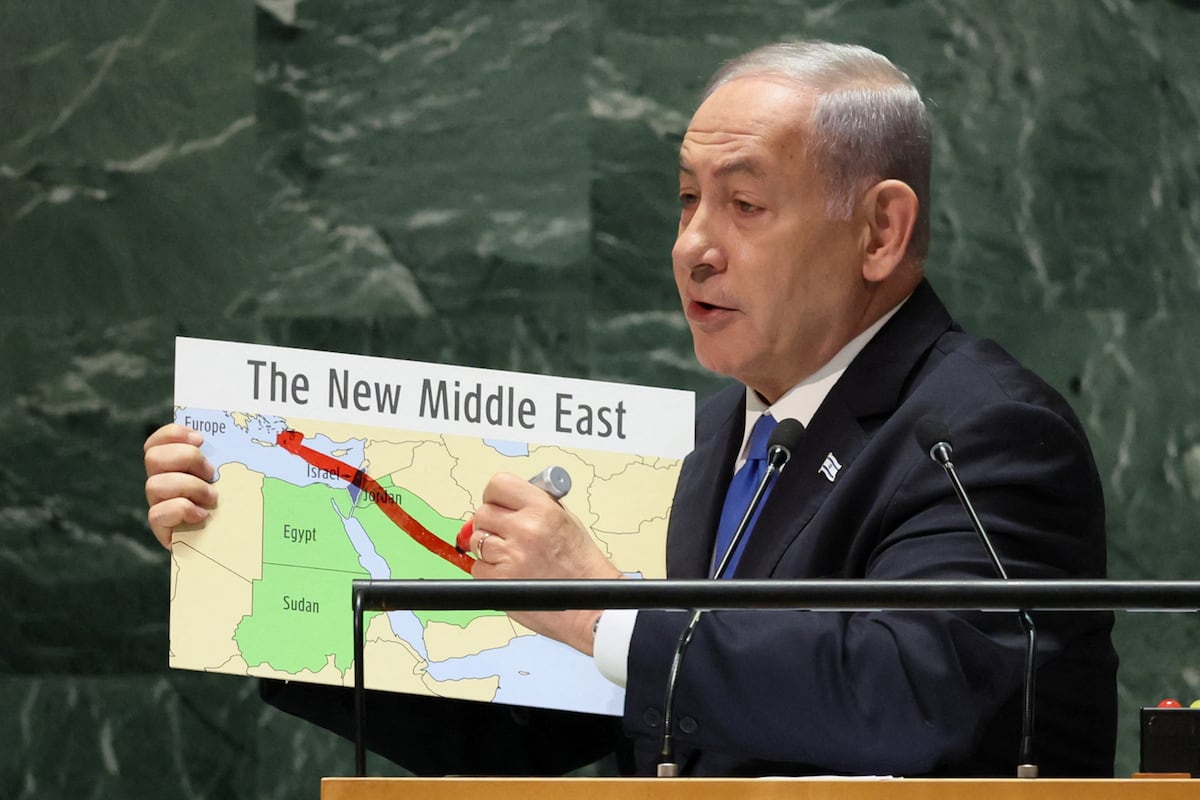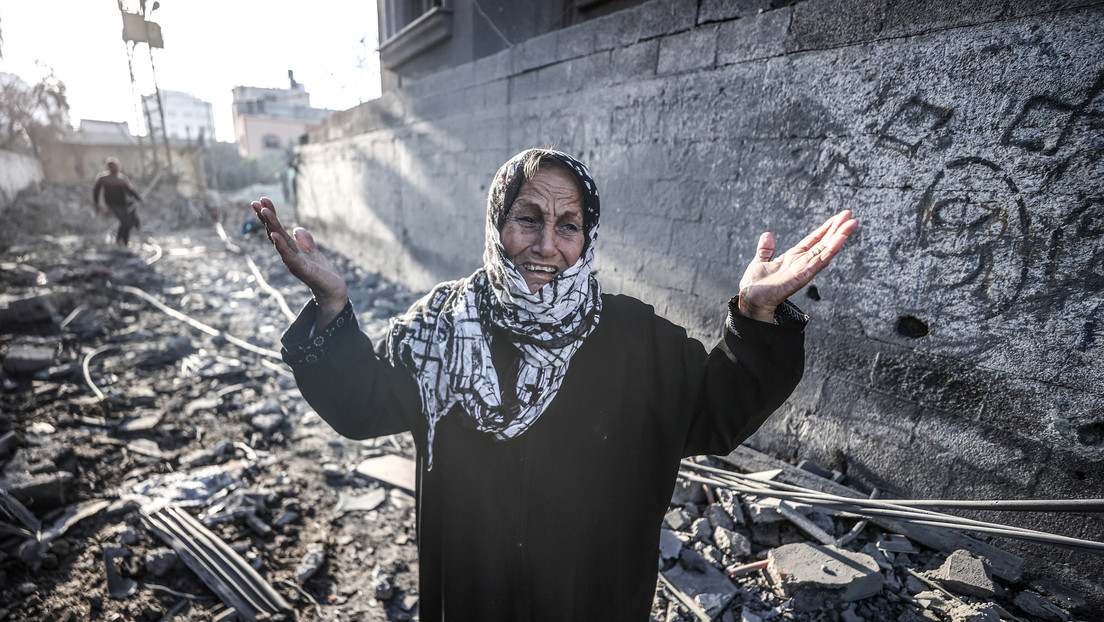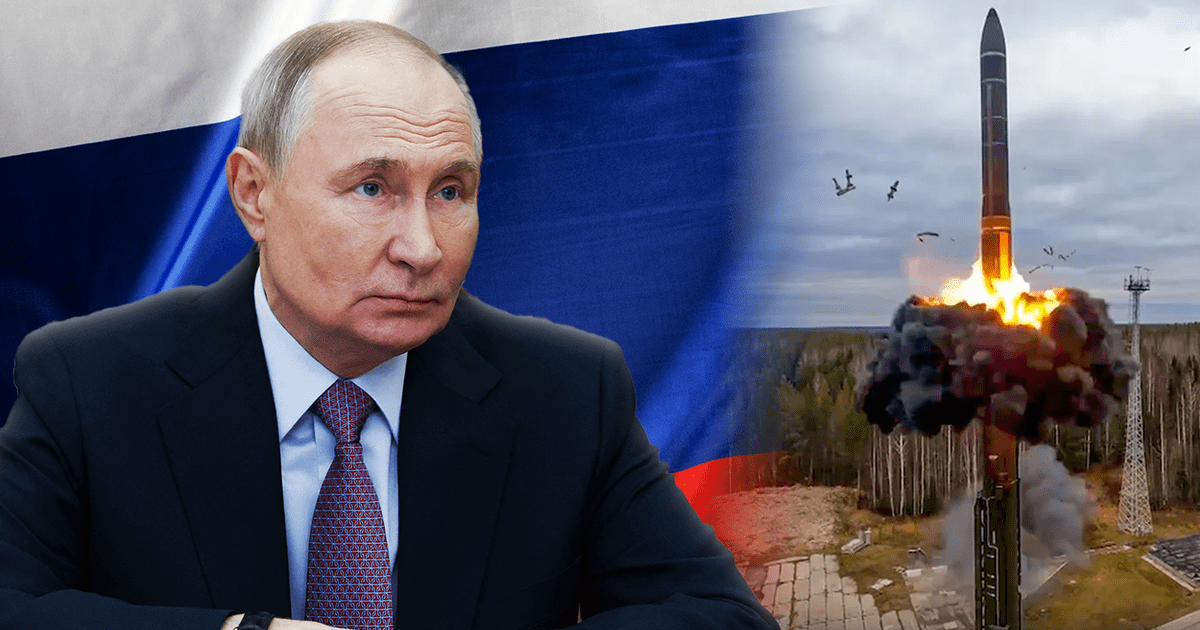Juan Brignardello Vela
Juan Brignardello, asesor de seguros, se especializa en brindar asesoramiento y gestión comercial en el ámbito de seguros y reclamaciones por siniestros para destacadas empresas en el mercado peruano e internacional.




The situation in the Middle East continues to deteriorate, as Israel, under the leadership of Prime Minister Benjamin Netanyahu, seems to embark on a dangerous "forward flight." Following a year marked by devastating violence and high death tolls, the international community watches with growing concern as tensions between Israel, Hezbollah, and Iran escalate to alarming levels. The recent statement by the French Minister of Foreign Affairs in Beirut regarding a 21-day ceasefire between Israel and Hezbollah underscores the urgency of a peaceful solution. However, Netanyahu has chosen to openly defy those recommendations, rejecting mediation that could help mitigate the conflict. This challenge became evident on September 27, when an Israeli airstrike resulted in the death of Hezbollah leader Hasan Nasrallah, initiating a ground invasion in Lebanon. Israeli actions have continued despite warnings from Washington, whose president, Joe Biden, has reiterated support for Israel but also expressed the need to avoid a broader war in the region. However, the U.S. "recommendations" have been met with disdain by the Israeli government, which appears determined to advance its military agenda. Steven Cook from the Council on Foreign Relations think tank argues that Israel believes it has weakened Hamas sufficiently and is now turning its attention to Hezbollah and Iran. This approach is not only risky but also shows a lack of consideration for the severe humanitarian consequences that its actions are causing in Gaza and Lebanon. As Israeli bombings have left a devastating toll of over 41,000 dead in Gaza, Israel's image as a victim has transformed into that of an executioner on the international stage. The Israeli response has generated growing global revulsion. The Prosecutor of the International Criminal Court has requested an arrest warrant against Netanyahu for war crimes, while various countries, including Spain, Ireland, and Norway, have supported the case for genocide in Gaza. This climate of international condemnation intensifies as the destruction of Gaza leaves a legacy of pain and hatred that could perpetuate the cycle of violence in the region. The Israeli ambassador to the U.S., Mike Herzog, has described Netanyahu's goals as a "new design" for the Middle East, one that excludes Hamas and Hezbollah, as well as any just solution for the Palestinians. However, this vision manifests as an illusion amid a conflict that has grown in complexity and intensity. David Hearst, director of Middle East Eye, notes that Netanyahu's strategy has alienated potential allies, such as Saudi Arabia, which had considered normalizing relations with Israel before the outbreak of violence. Discontent within Israeli society is also palpable. Incendiary comments from political figures suggest a climate of aggression and retaliation that could hinder any attempts at mediation or dialogue. Netanyahu's declaration that Israel will behave like a "mad dog" reflects this mentality, where violence is seen as a legitimate response to the perceived threat. As the Biden administration attempts to balance its support for Israel with international pressure for peace, some analysts warn that the lack of decisive action could allow Israel to continue its warlike path unchecked. The current situation resembles an "interregnum," where U.S. influence is limited by the impending election season and stagnation in U.S. domestic politics. Meanwhile, the rhetoric of a "new Middle East" and the promise of an Israeli pax without justice for the Palestinians are perceived as a dangerous illusion. Rouzbeh Parsi from the Swedish Institute of International Affairs warns that Israeli incursions into Lebanon have historically resulted in an intensification of resistance, and Western support could strengthen Iran's resolve to advance towards a nuclear state. The international community watches with unease as events unfold, knowing that the conflict in the Middle East has the potential to further destabilize an already volatile region. The call from Ali Khamenei, Iran's supreme leader, for Muslim countries to unite against Israel resonates as an echo of the growing polarization and tension in the region. Recent history suggests that violence only begets more violence, and the lack of a clear diplomatic approach could result in an even greater humanitarian disaster. In a scenario where hopes for peace seem to fade, the situation becomes a grim reflection of the harsh reality of a conflict that has lasted for decades and will undoubtedly continue to shape the future of the Middle East.





